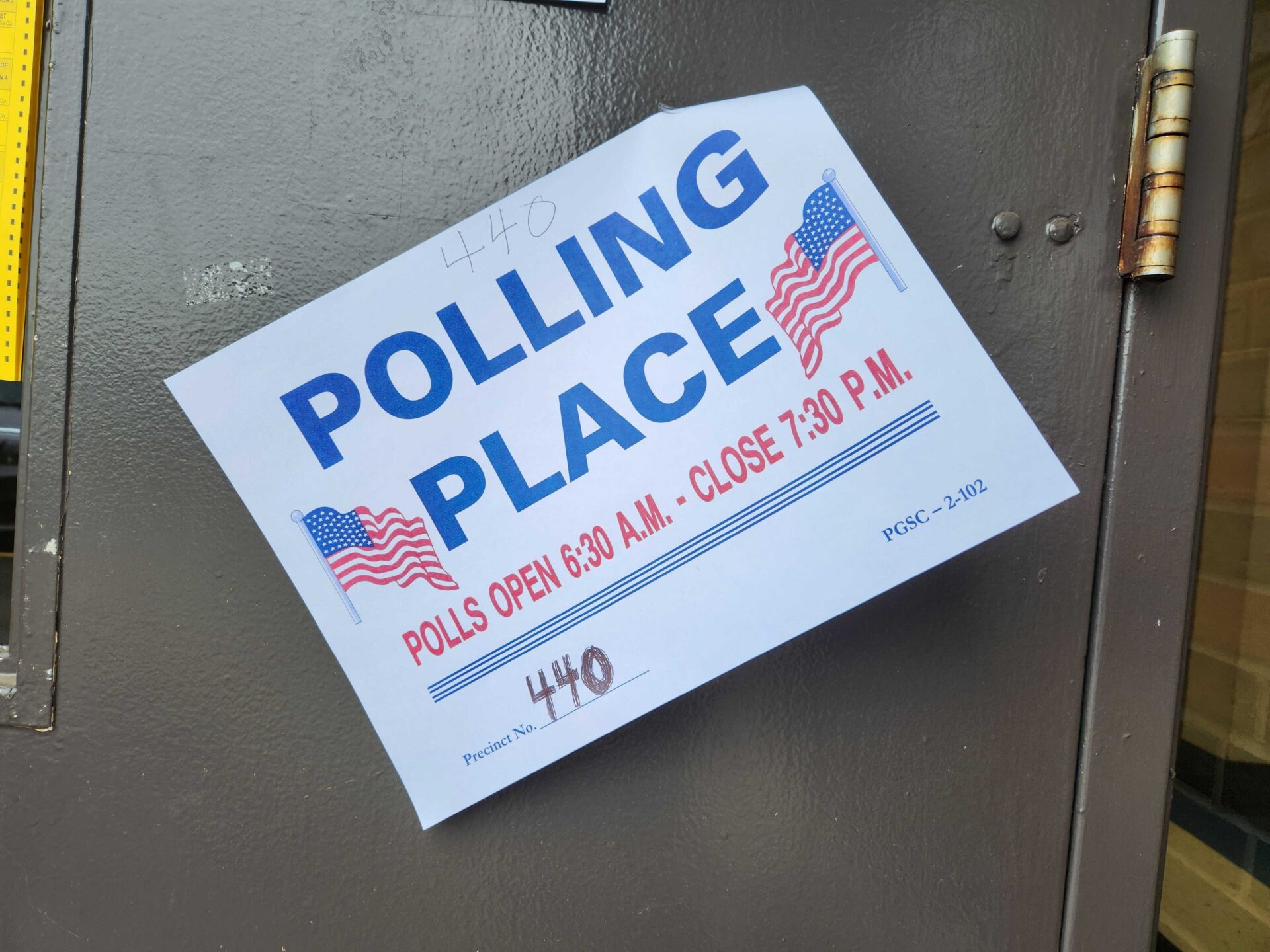A ban on medically assisted suicide will now be part of West Virginia’s constitution.
West Virginia voters passed Amendment 1 by a single percentage point. The decision came down to 6,080 votes.
Assisted suicide is legal in ten states and the District of Columbia. Internationally, the practice is legal in several European countries, Canada, Columbia and parts of Australia.
Requirements differ, but generally, individuals must have a terminal illness as well as a prognosis of six months or less to live to be eligible.
Assisted suicide is already illegal in West Virginia, but Del. Pat McGeehan, R-Hancock, sponsored the resolution that turned into Amendment 1 during the 2024 regular session of the legislature because he believes the state’s constitution should include protections against medically assisted suicide.
Rusty Williams is an advocacy specialist for the West Virginia ACLU. The organization campaigned against Amendment 1.
“I think that it was worded intentionally to create that confusion, and unfortunately for folks in terminal situations here in West Virginia, that strategy worked,” Williams said.
McGeehan sent West Virginia Public Broadcasting a statement but declined to be interviewed. In the statement, he said the passage of Amendment 1 sets a strong example for other states to follow.
“It was a great night for West Virginia,” McGeehan said in an email statement. “I appreciate the support from the voters for Amendment One. Amendment One’s approval will help prevent the terrible scourge of euthanasia from ever gaining a foothold in our great state. Going forward, we’ve also helped set a strong example for other states to follow. God bless our people and our beautiful Mountain State.”
Appalachia Health News is a project of West Virginia Public Broadcasting with support from Marshall Health.
